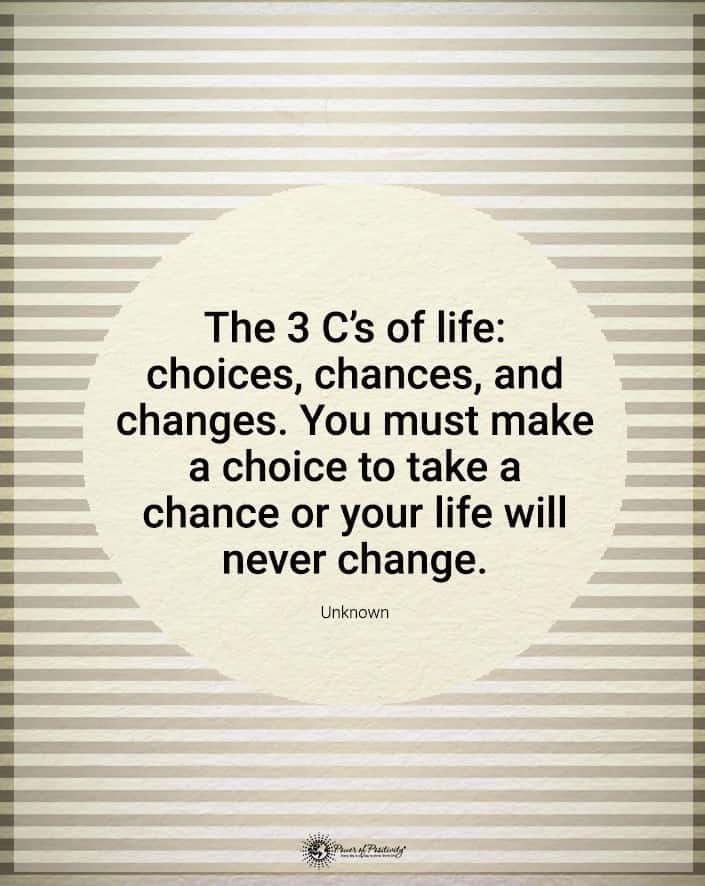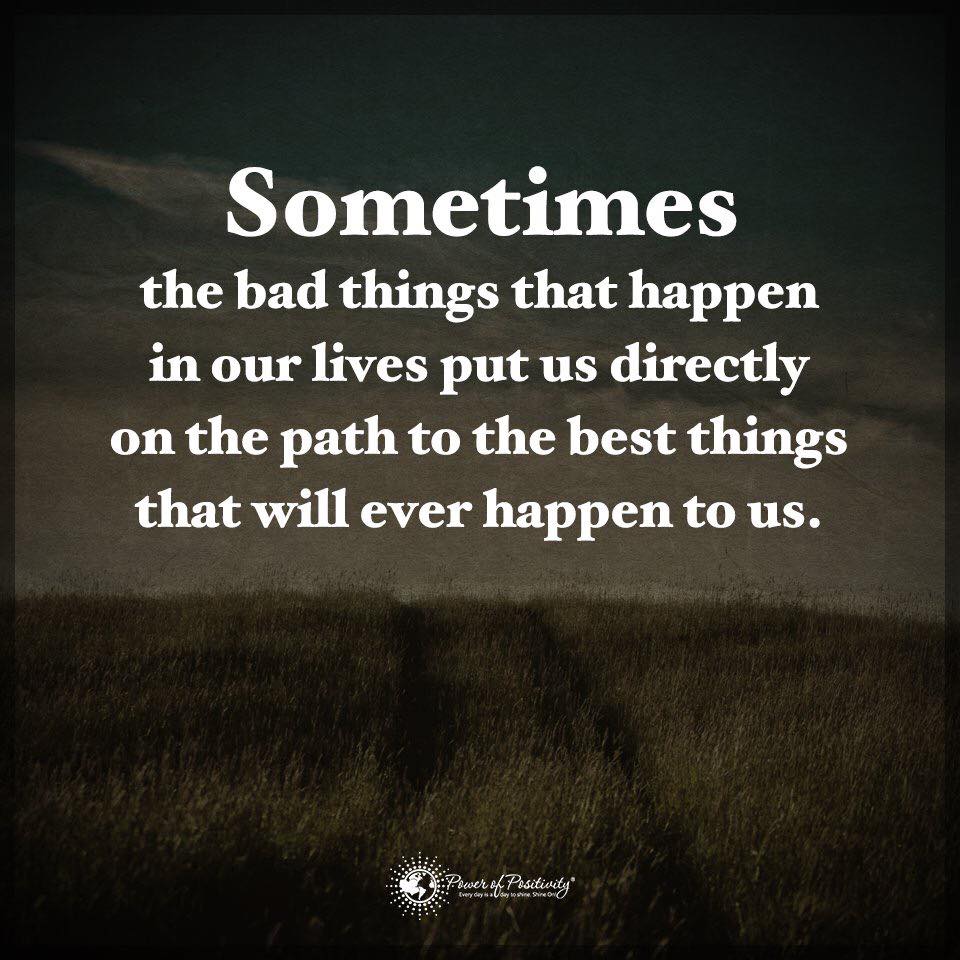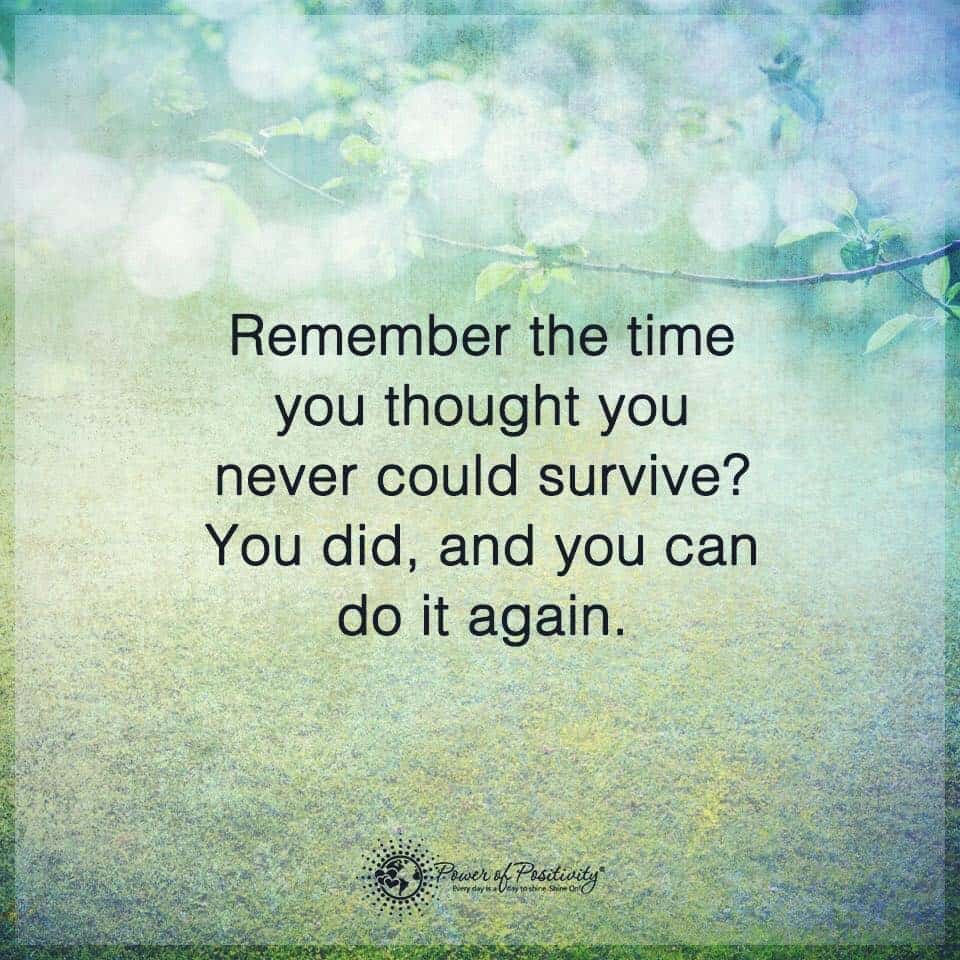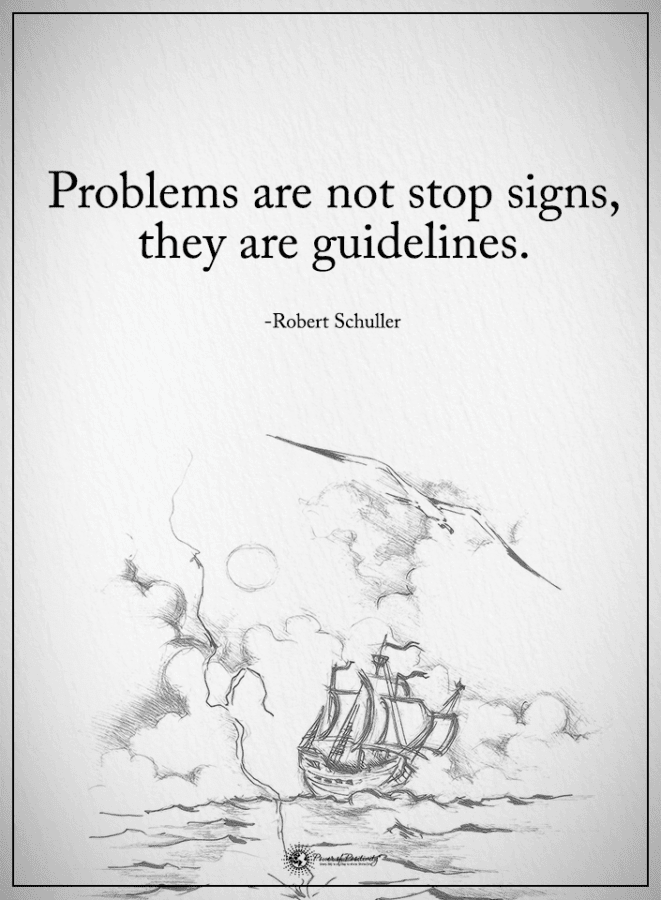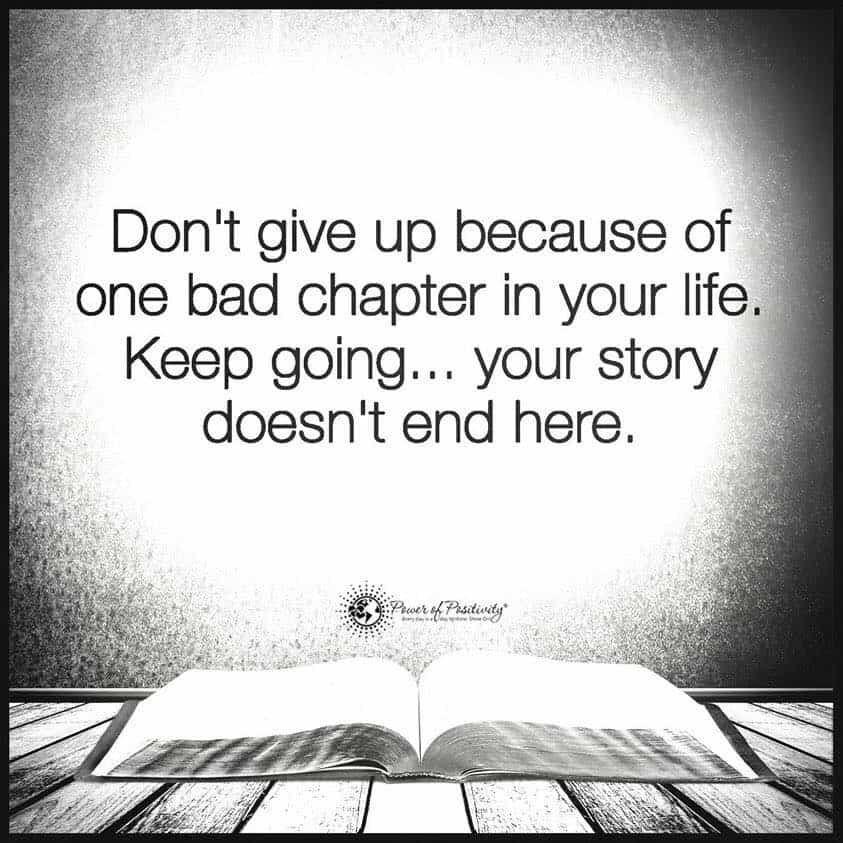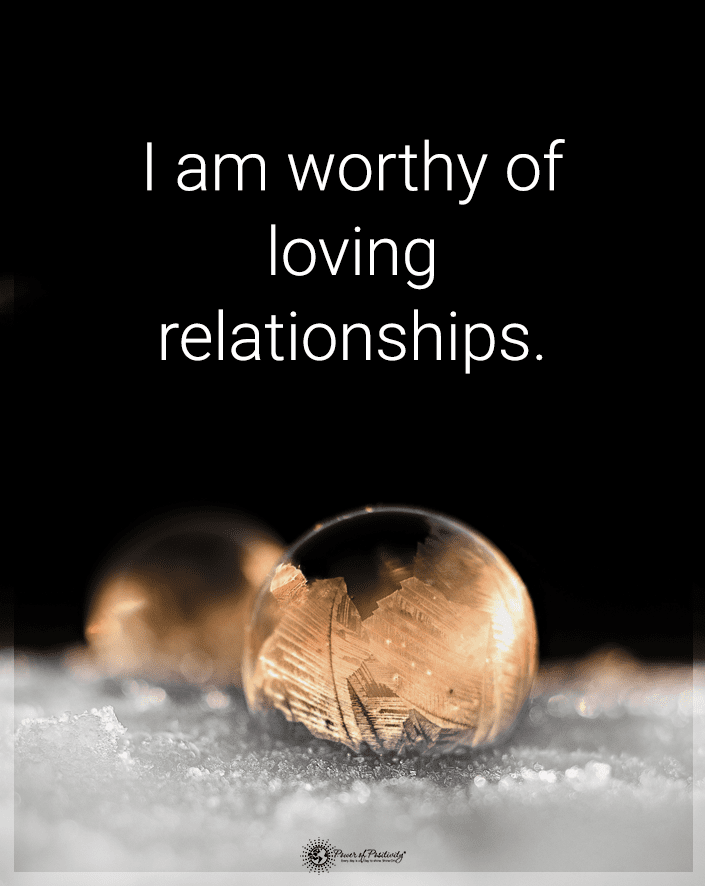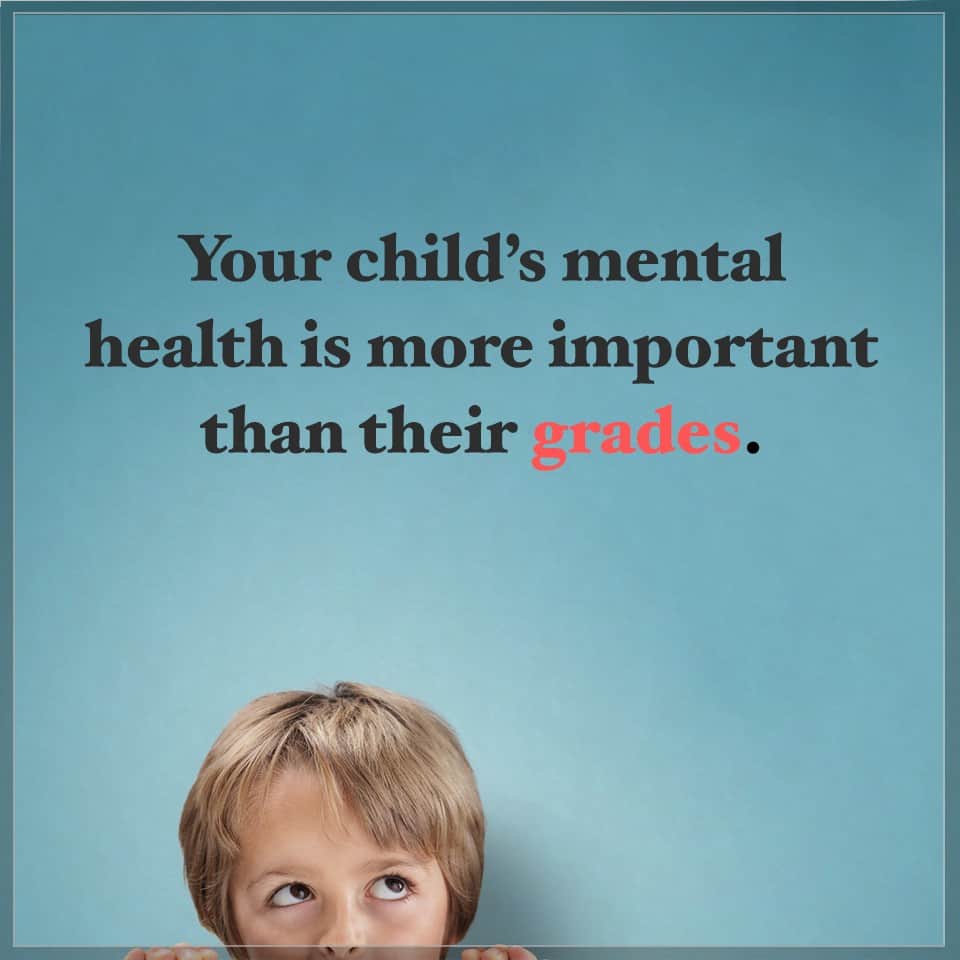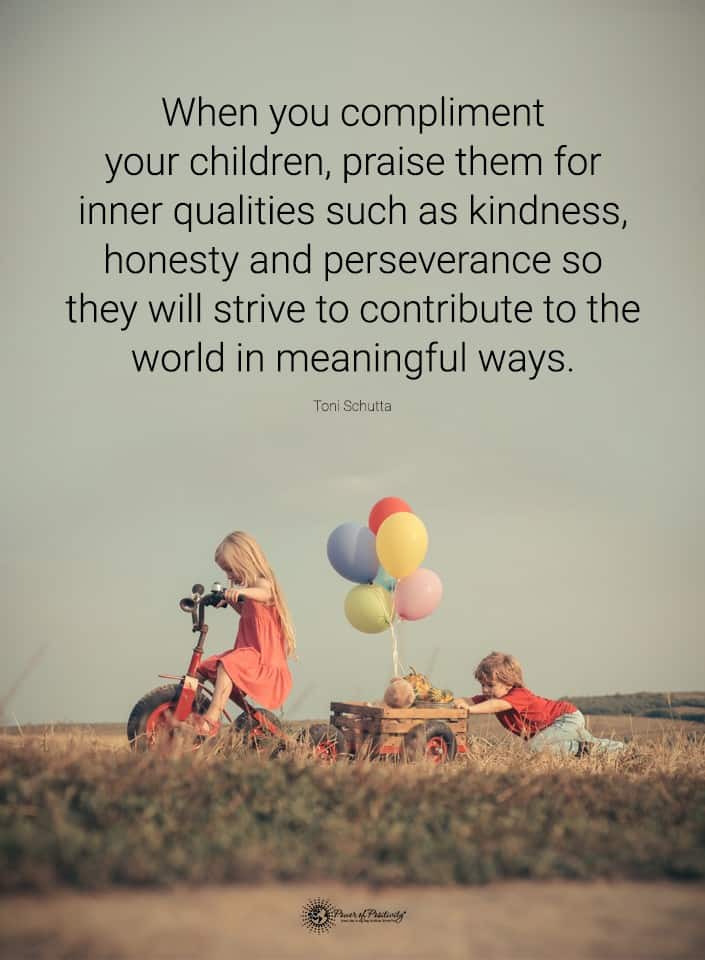“Have enough courage to trust love one more time and always one more time.” – Maya Angelou
They say it takes a while to build trust, but only one moment to break it, and most of us know how true that statement is. Most of us have probably been betrayed and hurt before by someone we thought we could trust with our lives, and it makes you wonder why you ever put your trust in them to begin with.
However, shutting ourselves off from people only makes us bitter, isolated, and lonely, which can do even greater damage than attempting to trust someone again. It might be hard in the beginning, especially if you’ve just gotten out of a broken or abusive relationship, but with the tips below, we hope that you can open your heart once again.
Here’s How To Trust Again After a Hurt
1. Understand that people make mistakes.
Now, this doesn’t excuse them from hurting you, but you have to realize that humans have complex emotions and thoughts, and no one is perfect. Maybe the person didn’t mean to hurt you, and didn’t realize the consequences of their actions until it was too late. Even if the relationship or friendship ended, perhaps it was for the best, and you can decide to remain grateful for the lessons and memories rather than close yourself off from future relationships.
Try to see things from the person’s perspective, and maybe you can gain some new insight on the pain that will allow you to forgive the person in time.
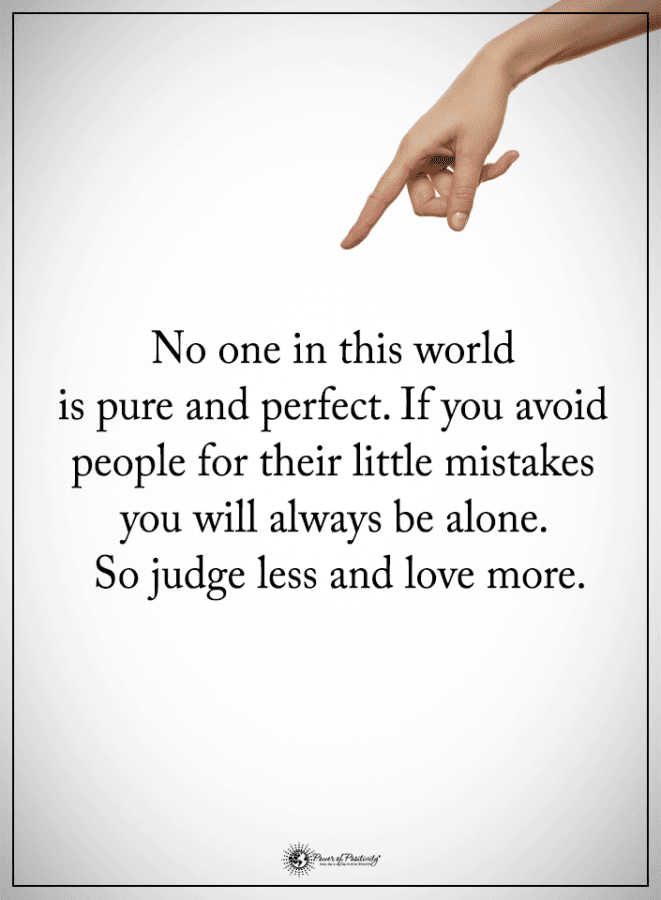
2. Don’t assume everyone is the same.
Maybe you just got out of a relationship with someone who betrayed you, and therefore have a skewed opinion of what other people are like. This could hinder you from forming relationships with others, but don’t allow it to. Remember to use your logical brain and keep an open mind when it comes to meeting others. Not everyone is out to hurt you, and not everyone will betray your trust. There are good people out there, but you’ll never cross their path if you don’t even get out on the road to find them.
3. Forgive yourself.
You might be wondering, “Well, what the heck did I do wrong?! I was the victim here!” This is totally understandable, but you might also beat yourself up half the time about what happened. Maybe you partially blame yourself for how the situation unfolded, and wish you could go back in time to do things differently. To truly move on and trust others again, you have to forgive yourself, too. Realize that hurt people hurt other people, and that you had no control over how that person would treat you.
4. Use your gut instincts.
Not everyone in the world deserves your trust, so you have to listen to your gut to figure out who is worth giving it to. Learn from your past relationships so that you can avoid the same situation before you get too heavily invested in someone, and if they give you a reason to have doubts, don’t be afraid to bring it up with them. After all, trust is earned, not given. So if they can’t pay their dues, so to speak, then they don’t deserve your time, effort, and trust.
If something feels off about someone, then it probably is. Pay attention to how you feel when you’re around the person; if you feel at ease and comfortable, then maybe try opening up little by little. If you feel uptight and cautious around the person, then chances are, you won’t be able to trust them in the long run.
5. Leave the past where it belongs.
If you bring the past with you wherever you go, it will always haunt you and stir up bad memories. In order to move on and learn to trust again, you have to leave the past behind you and accept that you can’t change it. All you can do is learn from it, and hope to meet better people that will appreciate and cherish your feelings and not take advantage of you. Dragging the past with you will only weigh you down and make it that much harder to develop solid relationships with good people.
You might feel like you’ll never trust again, but you can learn to open your heart and allow yourself to be vulnerable after you’ve given yourself time. Take things slowly and keep your guard up in the beginning if you have to, but also know when to knock down the walls that separate you from others. Take a chance on people that you have a good feeling about, because you can only get over your past once you embrace the future and turn the pain into power.

